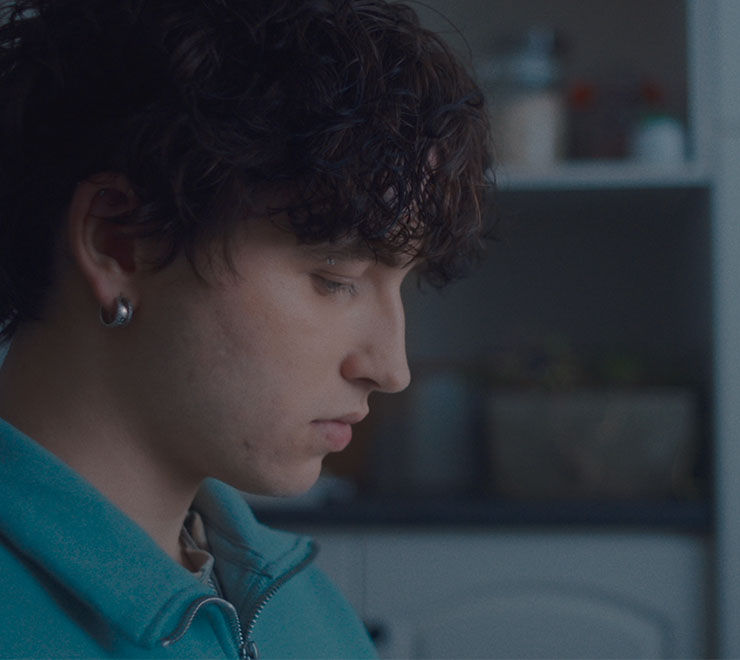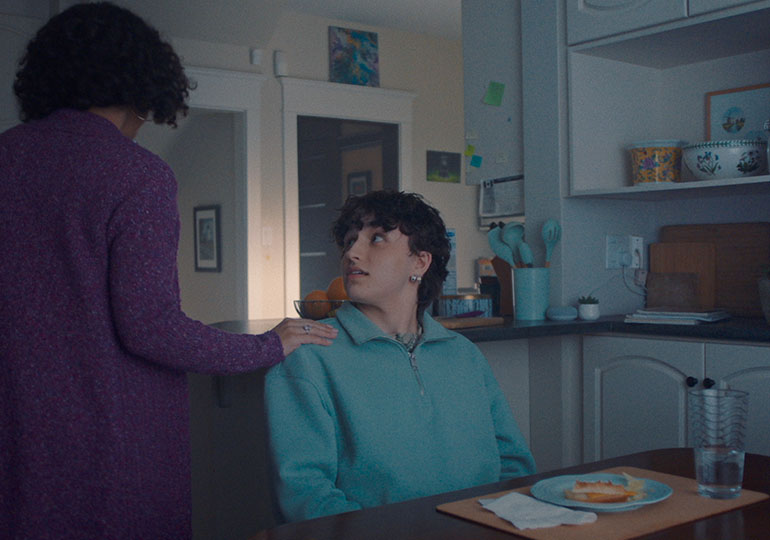Although it’s common to feel sad or upset from time to time, depression is deeper and longer lasting. It can affect how you think, feel and act.
Depression is a common mental disorder that can leave people experiencing low mood for an extended period of time. It can affect people of all ages and impact all areas of a person’s life, including school, relationships and physical health. There are different types of depression, which can only be diagnosed by a psychologist, psychiatrist or doctor.
If you’re experiencing depression, it doesn’t mean you’re lazy or weak. It’s as real and as serious as a physical health condition. Taking care of your mental and emotional health is just as important as taking care of your physical body.
What are the symptoms of depression?
Everyone experiences depression differently, but certain feelings and behaviours are common, including:
- feeling sad, down or low most days
- feeling irritable or angry
- feeling helpless or hopeless
- feeling anxious, nervous or restless
- crying a lot
- feeling guilty
- feeling like you’re alone
- having negative thoughts or feelings about yourself
- having trouble sleeping, sleeping all of the time or feeling tired all of the time
- having trouble concentrating at school / work
- losing interest in things you enjoy
- having difficulty making decisions
- withdrawing from friends and family
- having changes in appetite (e.g. eating less, eating more, etc.)
- taking more risks than you used to
- acting aggressively or disruptively
- using drugs or alcohol to cope
- having thoughts about death or suicide
Only a psychologist, psychiatrist or doctor can make a diagnosis of depression. It’s important to talk to a safe adult (e.g. a doctor / nurse, parent / caregiver, counsellor, etc.) if you notice new and ongoing changes in your mood, thoughts and / or actions.
What factors can contribute to depression?
Many factors can contribute to depression, including:
- experiencing racism / other forms of oppression
- experiencing trauma / abuse
- physical health issues
- substance use
- a major change in life
- the divorce of parents / caregivers
- a break up
- conflicts at home
- the death of someone close
- a big move
- genetics (if someone in your family has experienced depression, you may be more likely to experience it too)
- and more
And sometimes, depression just happens for no clear reason. A combination of physical, psychological and environmental factors may play a role in how you feel.
How can depression be managed?
Depression is manageable. It doesn’t usually go away by itself, so getting support from a safe adult may be the first step to addressing it. The two most commonly recommended treatments for depression are medication and / or counselling / therapy. Here are some things to know:
- Medication may help to lift your mood and help you think more clearly. If a psychiatrist / doctor gives you medication, it’s important to take it exactly as prescribed. You can book follow-up appointments with your psychiatrist / doctor if you have concerns about your medication and to help ensure the medication is right for you.
- Counselling or therapy is a safe place where you can talk about what’s going on for you with a trained professional (e.g. a psychiatrist, psychologist, social worker, counsellor, etc.). They can help you understand and navigate the factors that may be contributing to your mood.
In addition to medication and / or counselling / therapy, there are some other things you can try to boost your mood, including:
- exercising regularly (it can be helpful to find a type of movement that is fun for you, there are so many different ways that we can move our bodies!)
- going to bed and getting up at the same time every day
- eating healthy foods
- practising self-care
- doing breathing exercises
What are some other things to know about depression?
If you’re experiencing depression or low mood, there are people and places to support you. Here are some other things to remember:
- Your mental health is just as important as your physical health. It’s about taking care of your overall well-being.
- Depression is common, and no one has to go through it alone.
- Depression is treatable, even if it takes some time to feel better. It’s always OK to ask for help.
- If you’re experiencing thoughts of suicide, self-injury or death, you can talk to a safe adult for help right away.
- You can search for counselling and mental health support services using Resources Around Me.
Depression is more than just feeling sad. If you think you may be experiencing depression, you can talk to a safe adult. If you’d like to connect with Kids Help Phone’s professional counsellors and / or trained, volunteer crisis responders for support, you can check out our e-mental health services.














